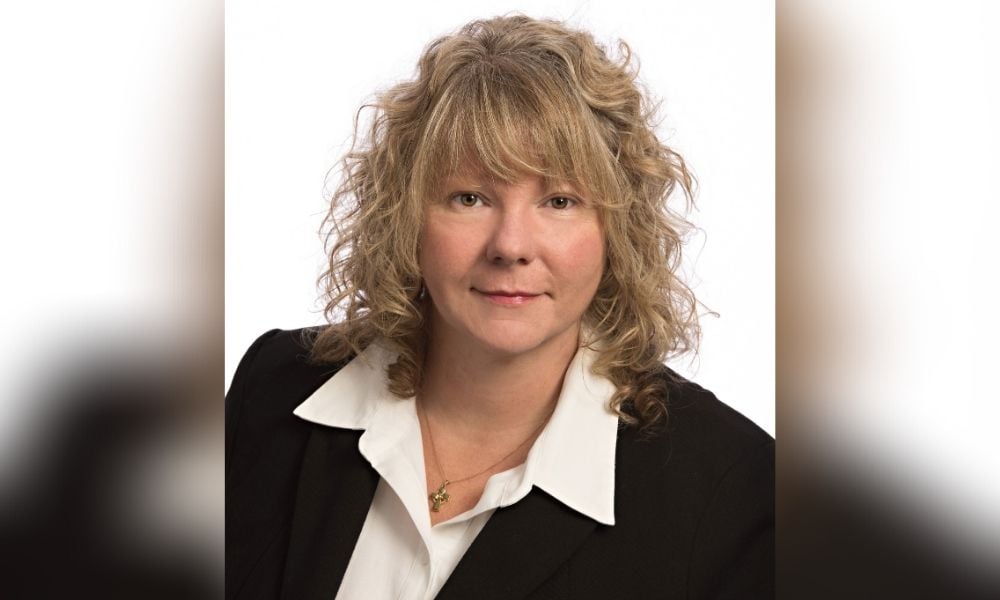
Remember everyone - it's okay not to be okay

The collective mental health of our nation has taken a battering of late, as both employers and employees report feeling burned out and over-worked. As such, it’s never been more important for HR leaders to invest in a more authentic wellbeing strategy – rather than relying on out-dated initiatives. With that in mind, HRD spoke to Dr Raeleen Manjak, director of HR at the City of Vernon and speaker at our upcoming Mental Health Summit, who revealed the state of employees’ psyches post-pandemic.
“If the past few month have taught us anything, it’s that resilience really is the key to survival,” added Manjak. “We’ve gone through some extremely difficult times – but that in turn has perfected our ability to adapt and thrive. Organizations now need to look to science to show us the way, because our patterns and practices are shaped by what we do - not by what we know. In HR, leaders should be looking to create a culture of support for employees once we’ve emerged from the COVID-19 chaos.”
Traditionally, as Manjak told us, employers have focused more on benefits as the cornerstone of a health strategy. Now the challenge will be looking beyond these archaic stereotypes to try to create something more authentically helpful.
“We need to be focusing on early intervention and that building of resilience,” Manjak told HRD. “At City of Vernon, we’ve created the post of employee care coordinator, who’s main responsibilities include case management and coordination of matters both from an occupational and non-occupational lens. That focus on early intervention and support is a true wellness solution which will empower employees to move forward after COVID-19.”
Read more: Will workplace bullying rise as a result of COVID-19 vaccines?
At City of Vernon, wellbeing is baked into everything they do. As Manjak told HRD, their HR department really went the extra mile in the past year to invest wholeheartedly in all things mental health.
“We launched several Lunch and Learns, inviting mental health leaders to speak directly to our people,” she told HRD. “They spoke on issues such as burnout, anxiety, grief, and depression – and gave meaningful advice on how to help teams cope in such unstable times. We also they set up our very own depression screening clinic, in which people were seen by experts and could receive referrals if they so required.”
And the results are already speaking for themselves, as Manjak told us.
“Our people know that we care – and that we're here. Whatever they need, they have a safe place to come and tell us what's going on. That way, we can ensure we’re providing as much support as we can, so that our people can thrive in any endeavour.”
To hear more from Manjak and other industry leaders, register for HRD’s upcoming Mental Health Summit here.